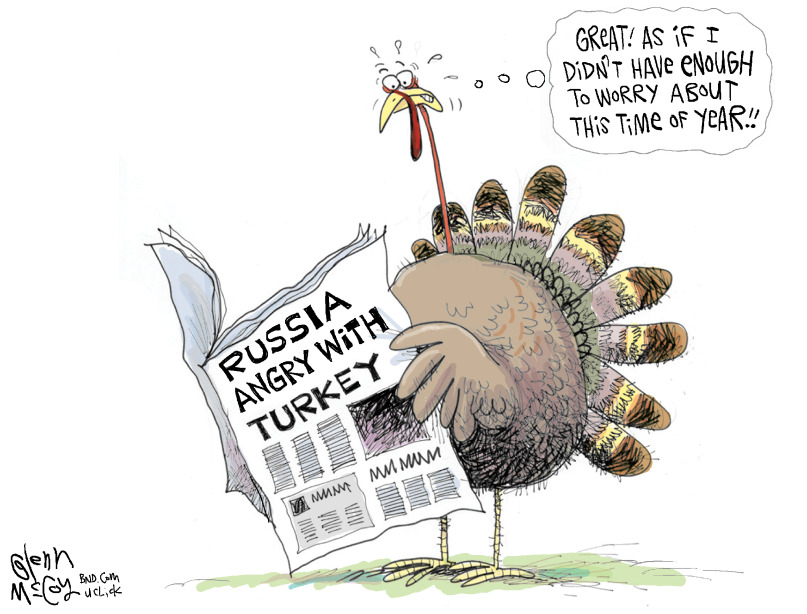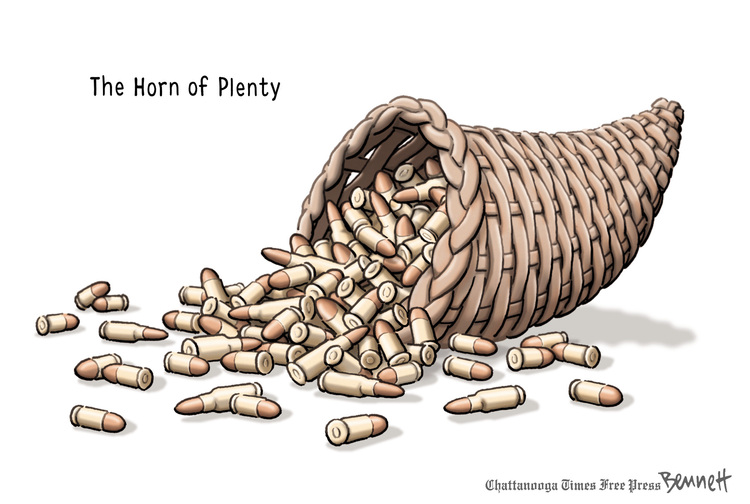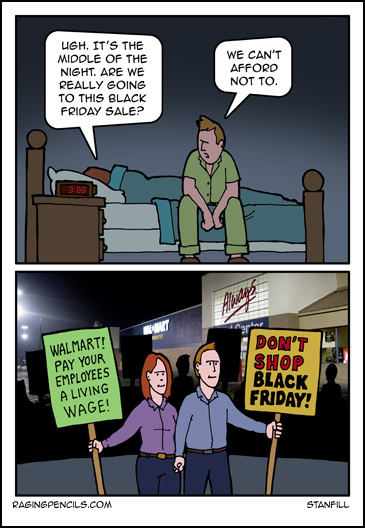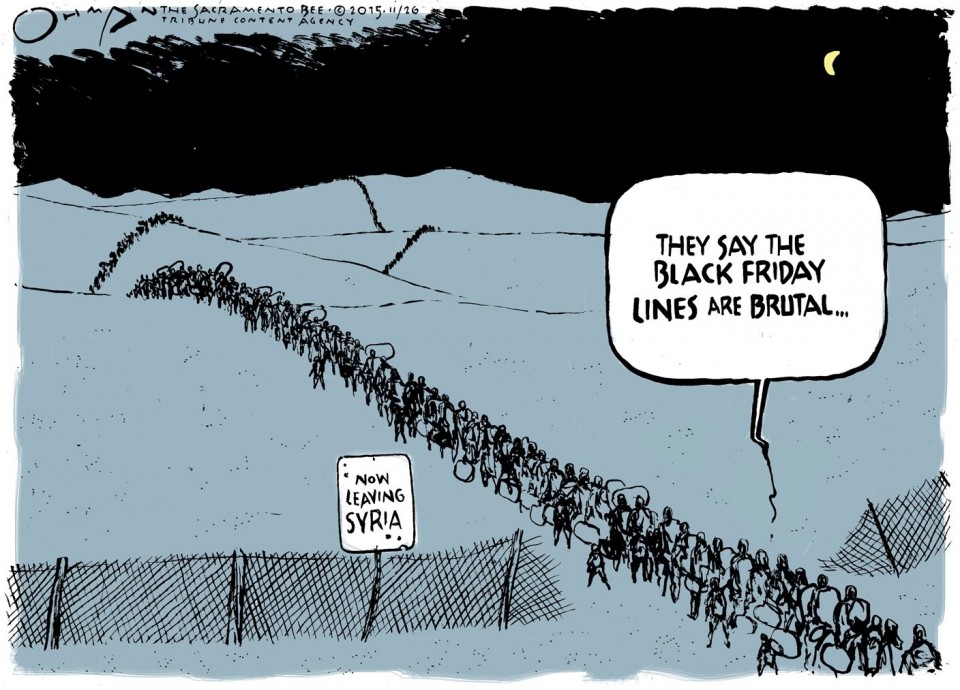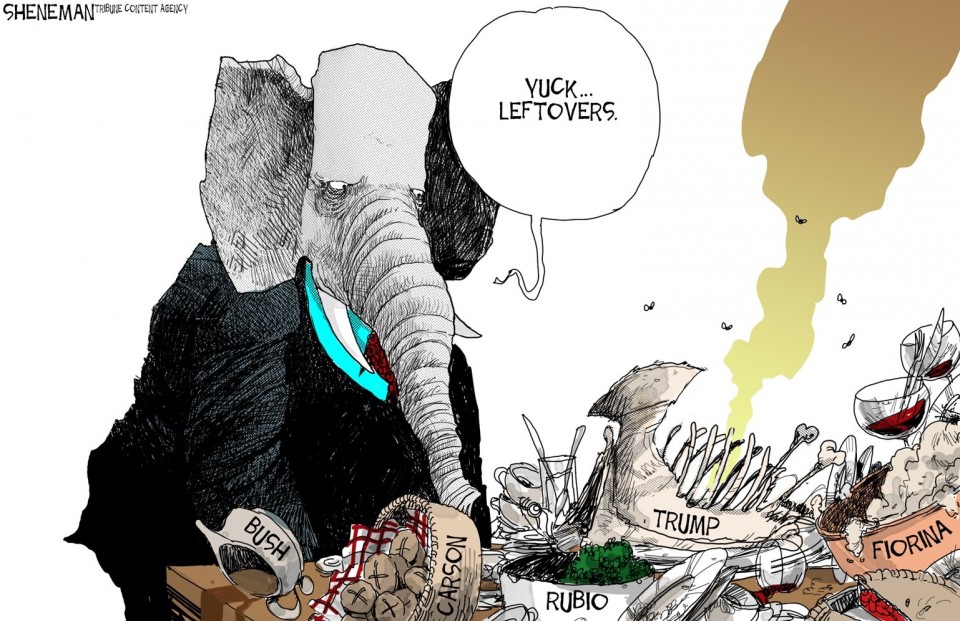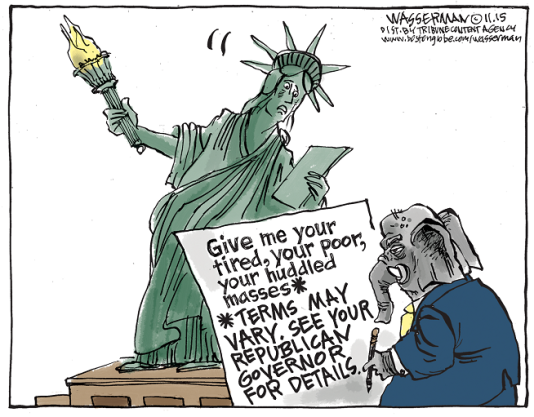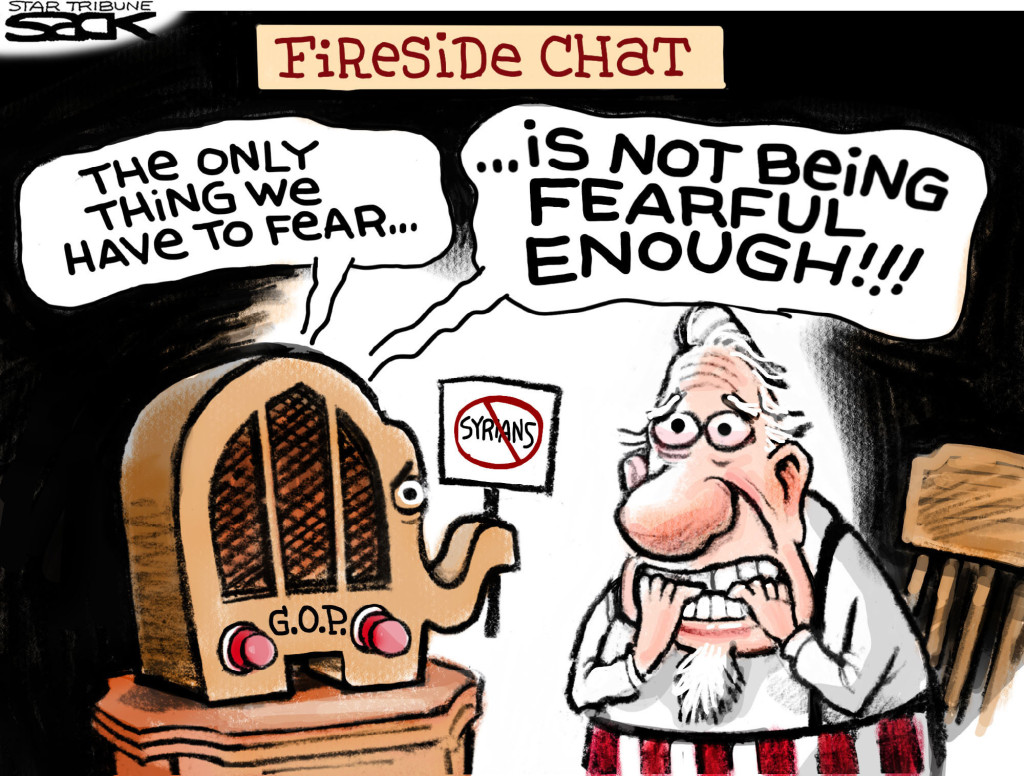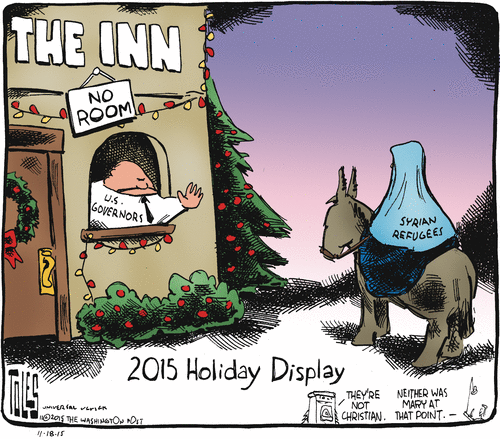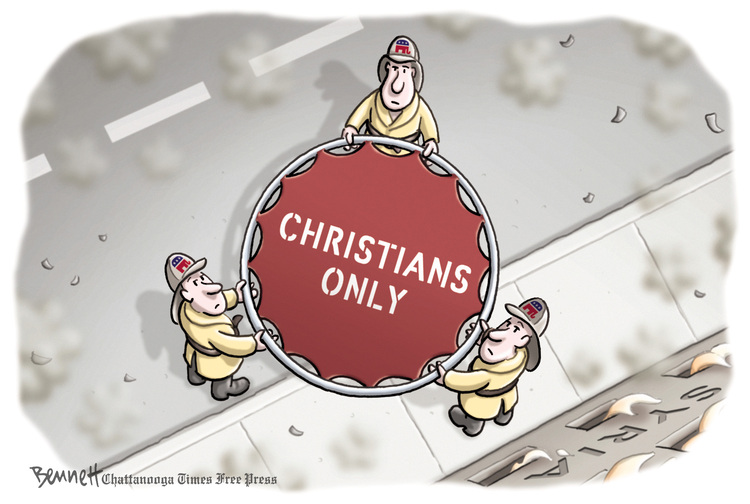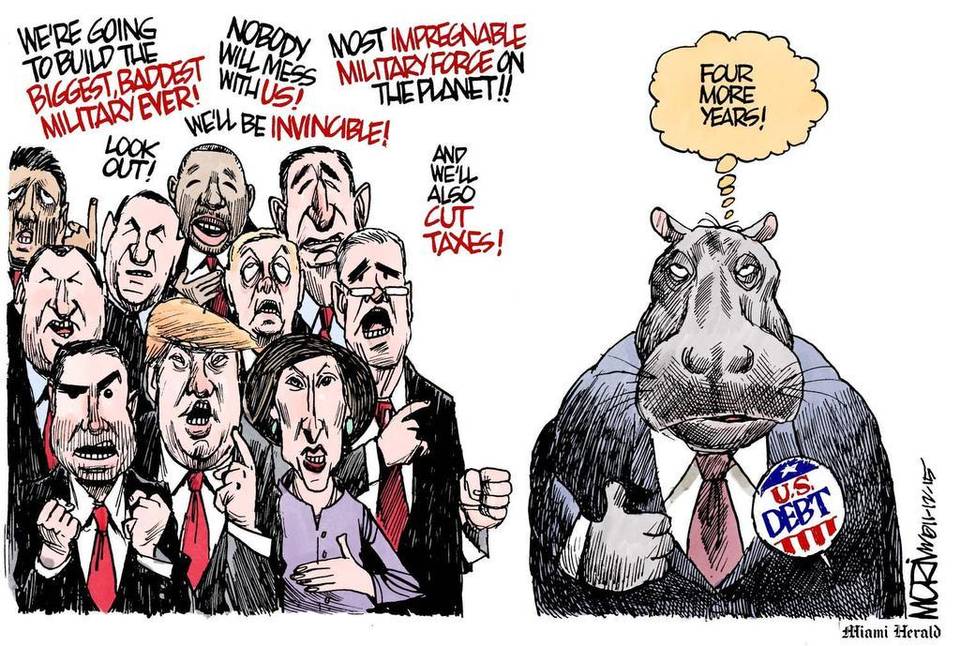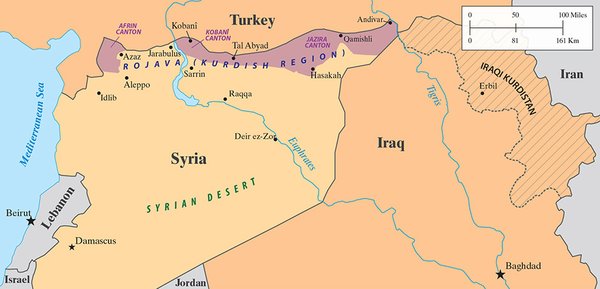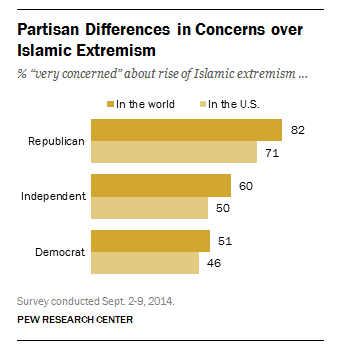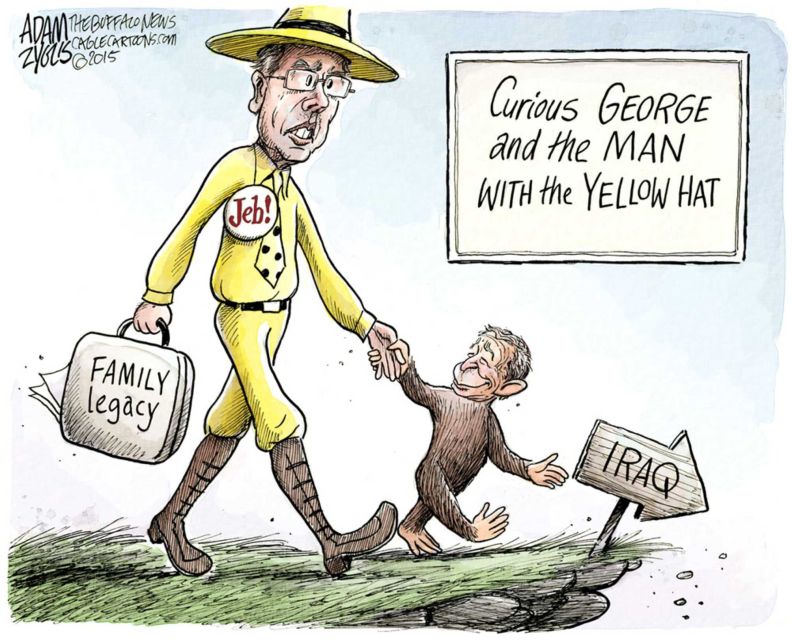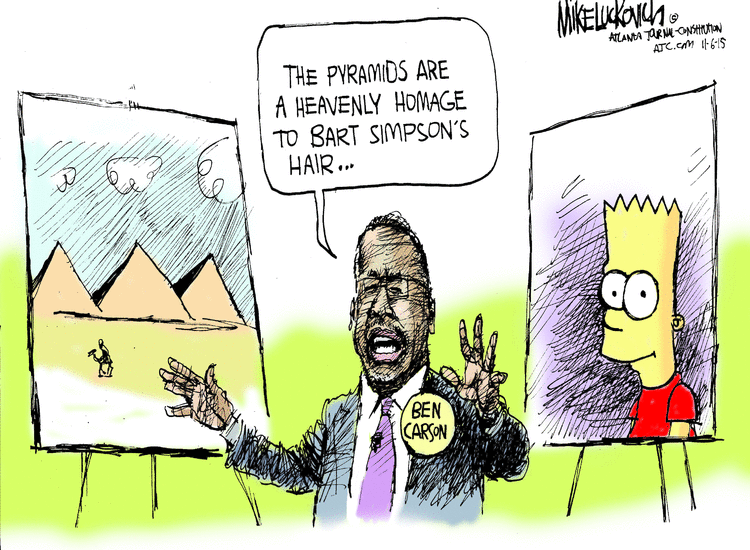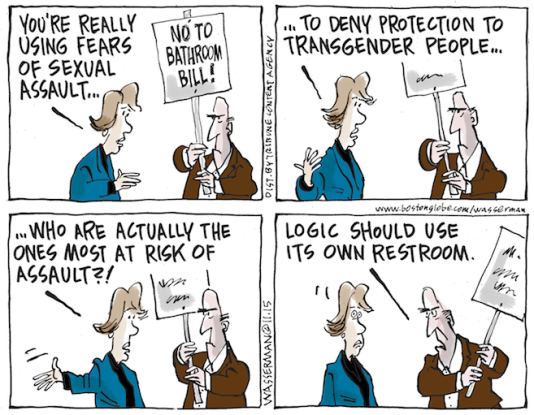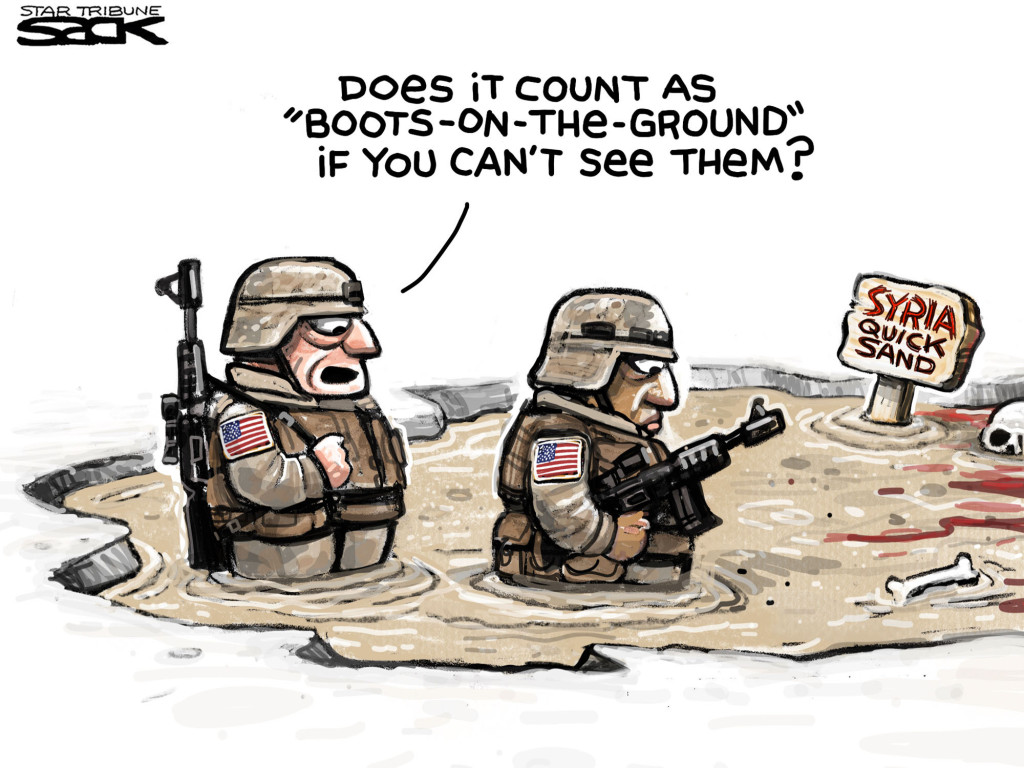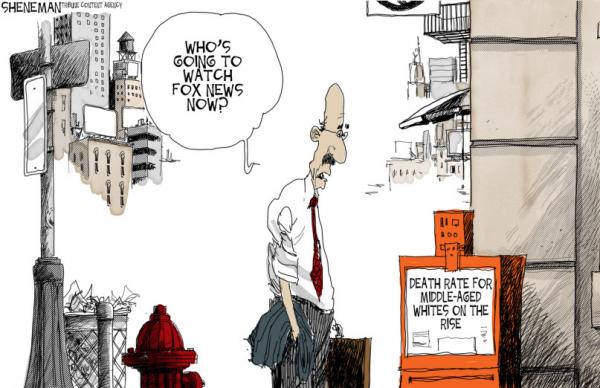Our Middle East strategy is a failure. We want to blame someone for the failures in Iraq, Afghanistan and now, in Syria. Many will point the finger at Mr. Obama, and he is complicit in our failure, but so are all American presidents since Carter.
One constant in our ME efforts has been our ally, Saudi Arabia. They have been our confidante and along with Israel, they have provided intellectual leadership to our presidents and our military.
Since the 1930’s when we first recognized Saudi Arabia, we have tried to straddle the fence with our choice of allies in the ME. Turkey (NATO member) is Sunni. So is Saudi Arabia. Our “enemy” AL-Qaeda is Sunni. Our “enemy” Iran is Shia. Our “ally” Iraq is Shia. Our “enemy” Syria is Shia. Our “enemy” ISIS is Sunni.
Now, we need to reconsider our alliance with the Saudis.
Although many in the non-mainstream media have consistently pointed out that Saudi Arabia has been a key financier of ISIS, (see here, here, and here) we continue to spend our resources to defeat ISIS in both Syria and Iraq while our ally funds them. And they also export and promote a very similar brand of Islam to that of ISIS. The Progressive reported on the views of Cal State Professor Asad AbuKhalil:
The ideology of the Saudi regime is that of ISIS even if the foreign policies differ…Mainstream Islam frowns upon the views, excesses, practices and interpretations of ISIS…But Wahhabi Islam [the official ideology of the Saudi monarchy] is fully in sync with ISIS.
Still, there has been little mainstream media acknowledgement of the Saudi role until an article on 11/20 in the NYT by Algerian writer Kamel Daoud:
Black Daesh, white Daesh. The former slits throats, kills, stones, cuts off hands, destroys humanity’s common heritage and despises archaeology, women and non-Muslims. The latter is better dressed and neater, but does the same things.
His white Daesh is Saudi Arabia. Here is how Daoud ends his piece: (brackets by the Wrongologist)
Daesh [ISIS] has a mother: the invasion of Iraq. But it also has a father: Saudi Arabia and its religious-industrial complex. Until that point is understood, battles may be won, but the war will be lost. Jihadists will be killed, only to be reborn again in future generations and raised on the same books.
Daoud makes this point about our relationship with Saudi Arabia:
In its struggle against terrorism, the West wages war on one, but shakes hands with the other. This is…denial, and denial has a price: preserving the famous strategic alliance with Saudi Arabia at the risk of forgetting that the kingdom also relies on an alliance with a religious clergy that produces, legitimizes, spreads, preaches and defends Wahhabism, the ultra-puritanical form of Islam that Daesh feeds on.
Wahhabism is Saudi Arabia’s dominant faith. It is an austere form of Islam that insists on a literal interpretation of the Koran. Strict Wahhabis believe that all those who don’t practice their form of Islam are heathens and enemies. It hopes to restore a fantasized caliphate centered on a desert, a sacred book, and two holy sites, Mecca and Medina.
Saudi Wahhabis have spent $ billions to export Wahhabism throughout the ME. They have been able to greatly influence the politics and religion in Muslim countries, and the teaching of Islam in educational establishments.
It has changed these countries, and has led to the conversion of some Muslims to Wahhabism. This conversion of relatively small numbers of Muslims has had a large impact, because these converts have provided much of the leadership of the various jihadi movements that have sprung up in the ME.
The reality of Saudi support for ISIS is studiously ignored in America, probably because of their financial clout, their supply of oil, and our long-standing alliance with them. And there’s the trap. Denial creates an illusion that the Saudis are our partners.
Once again, desert Arabs are stoking a war designed to control the Fertile Crescent. But they are not alone. Turkey wants a rebirth of the Ottoman Empire. Israel prefers Muslims to fight each other, and not them. Russia wants to keep its Syrian base in order to project power elsewhere in the ME. The West wants secure access to oil and to enrich its military contractors by engaging there.
The Saudis also invaded Yemen, and we supported them. They attacked their neighbor under the pretense of reinstalling the deposed government. Now, Al Qaeda in the Arabian Peninsula (AQAP) and the local ISIS affiliate have flourished there. They are fomenting war throughout the ME.
So why would we rely on the Saudis in our war against ISIS?

